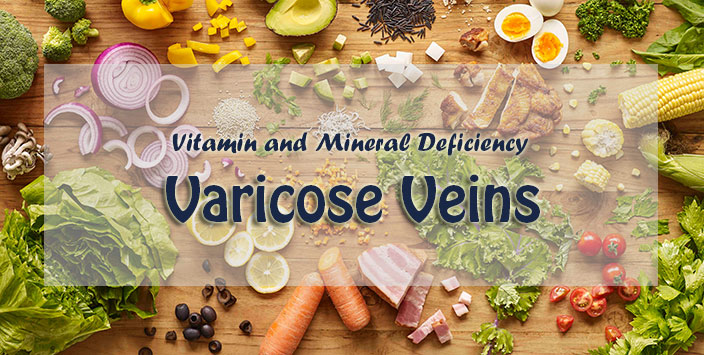Potential Nutrient Deficiencies
The Vitamin Deficiency
Vitamin E
Vitamin K
Vitamin C
VITAMIN E is a fat-soluble vitamin with antioxidant properties that protect cells from damage caused by free radicals. It is essential for the normal functioning of the immune system, skin, and eyes, and may also play a role in helping to prevent chronic diseases such as heart disease and cancer.
The daily recommended intake of VITAMIN E for both men and women is 15 mg. However, based on the age and health conditions, it may vary.
– Infants (0-12 months): 4-5 mg/day
– Children (1-8 years): 6-7 mg/day
– Adolescents (9-13 years): 11 mg/day
– Adolescents (14-18 years): 15 mg/day
– Adults (19 years and older): 15 mg/day
– Pregnant women: 15 mg/day
– Breastfeeding women: 19 mg/day
NOTE: It is always recommended to consult a healthcare professional to determine the right dosage for an individual.
VITAMIN K is a group of fat-soluble vitamins primarily important for bone health and blood clotting. Two main types of VITAMIN K are existent: K1 (phylloquinone) and K2 (menaquinone). K1 is found in plants, particularly leafy green vegetables, while K2 is produced by bacteria in the gut and is also found in animal products such as meat, eggs, and dairy. VITAMIN K is important for the formation of clotting factors, which help to prevent excessive bleeding, and for the activation of proteins that regulate bone metabolism and protect against osteoporosis. Some people take VITAMIN K supplements to improve skin health, reduce inflammation, and promote heart health. VITAMIN K is also used in some skincare products to reduce the appearance of dark circles and fine lines.
The daily recommended intake of VITAMIN K varies depending on age and gender:
– Infants (0-6 months): 2 mcg
– Infants (7-12 months): 2.5 mcg
– Children (1-3 years): 30 mcg
– Children (4-8 years): 55 mcg
– Children (9-13 years): 60 mcg
– Teens (14-18 years): 75 mcg for females, 90 mcg for males
– Adults (19 years and older): 90 mcg for females, 120 mcg for males
– Pregnant women: 90 mcg
– Breastfeeding mothers: 90 mcg
NOTE: It is important to talk to a doctor before taking any VITAMIN K supplements or changing your diet to make sure it is safe for you.
VITAMIN C, also known as ascorbic acid, is a water-soluble vitamin that plays an important role in maintaining the health of the body. It is an antioxidant that helps to protect the body against free radicals, which can damage cells and lead to diseases such as cancer and heart disease. VITAMIN C also plays a key role in the production of collagen, which is a protein that is essential for healthy skin, bones, and connective tissue.
The daily recommended intake of VITAMIN C for most adults is between 65 and 90 milligrams per day. However, this amount may vary depending on factors such as age, gender, and overall health status.
– Infants (0-6 months): 40 mg
– Infants (7-12 months): 50 mg
– Children (1-3 years): 15 mg
– Children (4-8 years): 25 mg
– Children (9-13 years): 45 mg
– Adolescent boys (14-18 years): 75 mg
– Adolescent girls (14-18 years): 65 mg
– Adult women (19 and older): 75 mg
– Adult men (19 and older): 90 mg
– Pregnant women: 85 mg
– Breastfeeding women: 120 mg
NOTE: Smokers may need higher amounts of VITAMIN C as it helps to counteract the negative effects of smoking on the body. Athletes and individuals undergoing stress or recovering from surgery may also need higher amounts of VITAMIN C to support their immune system. It’s always best to consult with a healthcare professional to determine the appropriate daily intake of VITAMIN C for your specific needs.
The Mineral Deficiency
Copper
COPPER is a trace mineral that is essential for many body functions. It plays a vital role in the production of red blood cells, maintaining healthy bones and tissues, and supporting the immune system. COPPER also helps the body in the absorption and utilization of iron, producing energy, and maintaining healthy levels of antioxidants. COPPER deficiency can lead to anemia, bone abnormalities, and impaired immune function.
According to the National Institutes of Health, the recommended dietary allowance (RDA) for COPPER is 900 micrograms per day for adult men and women.
NOTE: Higher amounts may be needed with pregnant and breastfeeding women. It is always recommended to consult a healthcare professional before making changes to your diet and nutrient intake.
- READ MORE




